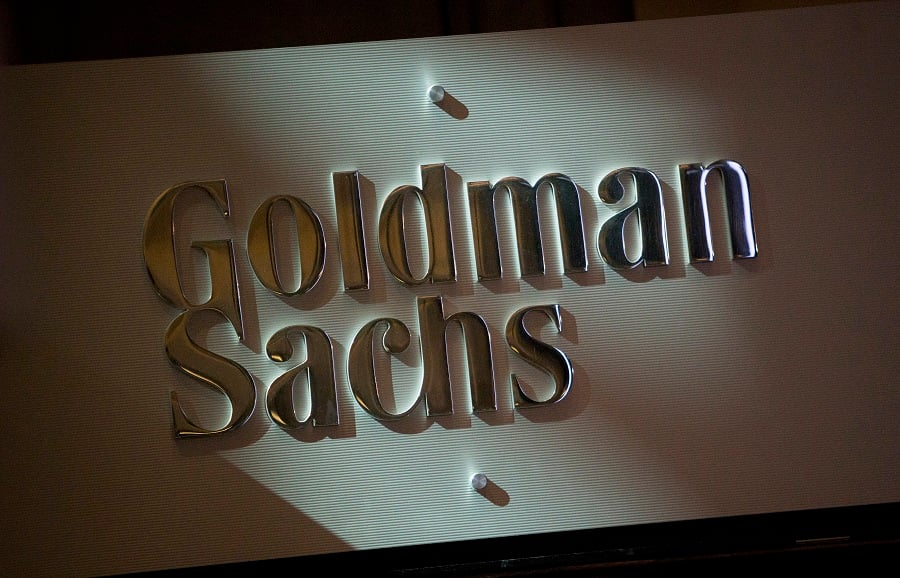Goldman Sachs has been sued for the alleged "unlawful" management of its company 401(k) plan related to the plan's use of in-house actively managed mutual funds, which the lawsuit says provided the firm with a financial benefit at the expense of employees' retirement savings.
Leonid Falberg, a participant in the
$7.5 billion Goldman Sachs 401(k) plan, sued the asset manager in New York District Court, claiming the firm breached its fiduciary duties under federal retirement law by retaining costly and underperforming proprietary investments in its retirement plan.
Goldman Sachs "displayed self-interest and disregard" for plan participants by retaining imprudent funds that eroded participants' retirement savings, according to Mr. Falberg, a former employee. Goldman was motivated to retain its funds, Mr. Falberg said, because the 401(k) plan was one of the largest investors in the mutual funds, which included proprietary equity and bond offerings.
"Defendants failed to administer the plan in the best interest of participants and failed to employ a prudent process for managing the Plan," according to the legal complaint. "Instead, defendants managed the Plan in a manner that benefited Goldman Sachs at the expense of participants."
Patrick Scanlan, a Goldman Sachs spokesman, said the firm disputes the allegations and intends to defend against the lawsuit, Leonid Falberg v. The Goldman Sachs Group Inc.
[Recommended video: Clients off when it comes to planning retirement date]
Goldman is the latest in a
string of financial services firms to be sued over the past few years for alleged mismanagement of their own 401(k) plans. The lawsuits are part of a broader trend,
dating to the mid-2000s, of 401(k) plan sponsors being sued over allegedly excessive fees for 401(k) administration and investment management.
Goldman removed in-house mutual funds from its 401(k) plan in 2017, but Mr. Falberg, who's suing on behalf of a class of similarly situated plan participants, claims it did so only after legal rulings against other financial services firms highlighted its liability risk.
"This act of self-preservation, however, arrived too late, and defendants have not reimbursed participants for the underperformance of the improperly retained proprietary funds," according to the lawsuit, which was filed last Friday.
Goldman offered five proprietary mutual funds in its plan as of the end of 2013, according to the plaintiff: the Goldman Sachs Large Cap Value Fund, Mid Cap Value Fund, High Yield Fund, Core Fixed Income Fund and Short-Duration Government Fund.
Mr. Falberg claims many of the funds were expensive relative to similar investment options and underperformed their benchmarks.
For example, the Goldman Sachs Large Value Fund and Mid Cap Value Fund cost 0.79% and 0.75%, respectively, according to the complaint. However, among plans with more than $1 billion in assets that held mutual funds in 2013, the average expense ratio for domestic equity funds was 0.44%, the plaintiff alleged.
Of the five proprietary equity and bond funds then in the 401(k) plan, only the Goldman Sachs Short Duration Government Fund outperformed its stated benchmarks, net of fees, over three-, five-, and 10-year periods (or, for those with shorter histories, since the funds' inception) as of the fourth quarter of 2013, according to the complaint. Plan participants had more than $650 million invested in the four proprietary funds that failed this test.
Conversely, 14 of the 18 nonproprietary actively managed funds in the plan outperformed their stated benchmarks over the same period.







